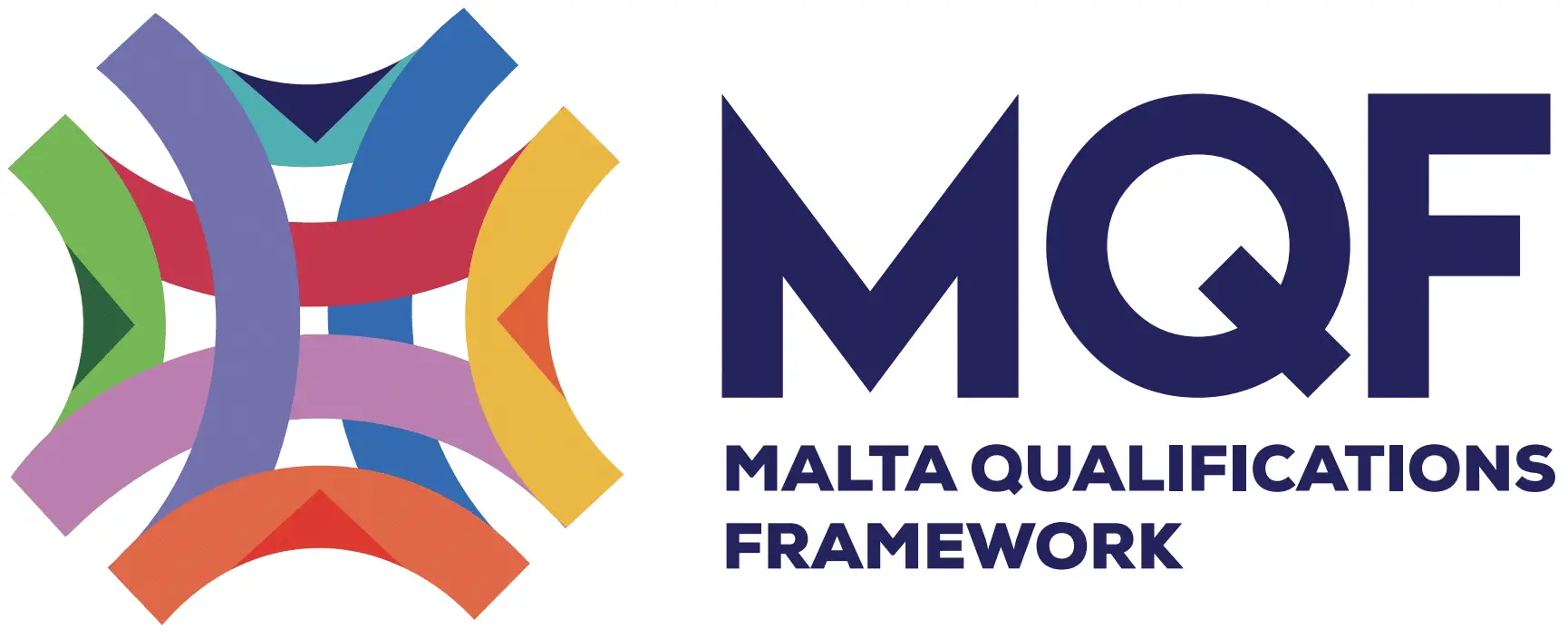Executive MBA
Executive MBA Program Overview
The International Executive Master of Business Administration (IEMBA) integrates the concepts and information of the various business and management disciplines and delivers through a blend of academic content and practical application. Individual courses focus on understanding external market forces, the business operations and leadership skills needed to address these, and the development of appropriate strategies required for business success. A practically-oriented, thesis research project at the end of the program, allows the student to synthesize the knowledge acquired throughout the program. Building on a student’s prior business education and experience, the IEMBA sharpens the mastery of the various business and management disciplines and explores how these are interlinked to create value in a global market. This program is ideal for working professionals in leadership roles, regardless if they are employed or running their own business. It will equip them with a deeper understanding of the many diverse business activities needed to create value and train the leadership competencies they will need to steer organizational resources more effectively. The general nature of the program will give learners a wide range of tools and techniques for transforming ideas and talents into sustained business success.
Executive MBA Objectives
The IEMBA has been devised as a general management executive program designed for professionals who are looking to change their careers, enhance and develop their knowledge and skills for more senior positions in organizations or consider starting their own businesses in an international context. SMC focuses on helping you become an exceptional leader in your profession. This means that every course we offer is designed with enterprise, leadership, and your success in mind.
Target Group & Career Objectives
Students undertaking the IEMBA are mature adults who have been managers at various organizational levels. The IEMBA has been devised as a general management executive program designed for professionals who are looking to change their careers, enhance and develop their knowledge and skills for more senior positions in organizations or consider starting their own businesses in an international context. Admission at SMC sets minimum criteria which have been designed to identify applicants who have sound academic potential and who show creativity, critical thinking, social and moral values, evidence of English language proficiency and strong motivation.

Curriculum & Course Descriptions
All courses are at EQF Level 7. Each course has 5 ECTS credits. The Research Project has 30 ECTS credits. The total program learning hours amount to 2250.
This course explores contemporary issues surrounding the internal environment of organizations. Topics include: organizational and individual effectiveness, organizational culture, business ethics, leadership, introducing and managing change (especially in view of changing technologies and globalization), the use of teams/groups, organizational restructuring, changing employment relationships, and the diversity of the workforce.
- Contact Hours: 25
- Self-study Hours: 96
- Assessment Hours: 4
- Total Hours: 125
The course begins by reviewing basic accounting theory and principles and then explores how these are used by managers i.e., decision makers for planning and controlling. Topics include activity-based costing, evaluation of divisional performance, standard cost variances. This course is intended for the consumers of accounting data.
- Contact Hours: 25
- Self-study Hours: 96
- Assessment Hours: 4
- Total Hours: 125
This course introduces the student to the practice of research in academics and business application. It examines the research process, providing practical advice and insights. The course reviews important quantitative and qualitative research methods, with an emphasis on statistical methods.
Topics covered include: hypothesis formulation and theory construction, data collection techniques and regression analysis. Finally, it covers topics such as writing literature reviews and research proposals, research design, and ethical issues in research.
- Contact Hours: 25
- Self-study Hours: 96
- Assessment Hours: 4
- Total Hours: 125
This course is a comprehensive introduction into corporate finance, presenting essential finance concepts, including accounting statements, security markets, interest rates, taxes, risk analysis, time value of money and the basics of security valuation. The course shows students how financial managers help maximize their firms’ values by improving decisions in such areas as capital budgeting, choice of capital structure, and working capital management.
- Contact Hours: 25
- Self-study Hours: 96
- Assessment Hours: 4
- Total Hours: 125
The course is an introduction to the issues surrounding human resources and the complex relationship between management and employees. Students examine human behaviour. They are presented with effective human resource management practices that are aimed at promoting employee well-being and improving the productive efficiency of the company. Topics include: recruiting and selection, staffing, development and performance appraisal of human resources. Also discussed are topics such as labour management-relations and ethics.
- Contact Hours: 25
- Self-study Hours: 96
- Assessment Hours: 4
- Total Hours: 125
The objective of this course is to expose students to the field of Marketing, its the marketing process, its core functions, and the vital role it plays in business. Students will explore the elements of the Marketing Mix, i.e., learn the components of a Marketing Plan including: Environmental Marketing Research, Consumer Behaviour, Marketing Research, Product Management, Promotion, Channels of Distribution and Pricing. A focus will be on placed on the role of Marketing within a larger Strategic framework.
- Contact Hours: 25
- Self-study Hours: 96
- Assessment Hours: 4
- Total Hours: 125
This course examines the organization, planning, and controlling of projects and provides practical knowledge on managing project scope, schedule and resources. Topics include project life cycle, work breakdown structure, network diagrams, scheduling techniques, and resource allocation decisions.
- Contact Hours: 25
- Self-study Hours: 96
- Assessment Hours: 4
- Total Hours: 125
In this course students learn how to use economic principles as analytical tools for managers, enabling them to make more informed production and pricing decisions. Students also learn how different market structures affect business performance and strategy. Topics include: demand and forecasting, production and cost, pricing and output decisions, and market structures.
- Contact Hours: 25
- Self-study Hours: 96
- Assessment Hours: 4
- Total Hours: 125
This course introduces students to the issues, strategies, and relationships involved in sales & business development activities. Students become acquainted with managing a sales force and helping them sell. Special emphasis is placed on developing a sales force program, managing strategic account relationships, team development, diversity in the work force, sales force automation, problem-solving skills and financial issues.
- Contact Hours: 25
- Self-study Hours: 96
- Assessment Hours: 4
- Total Hours: 125
In this course, students are confronted with the complexities of doing business on a global scale. Focus is placed on the effects and demands on business operations and strategy when engaging in international trade. The topic is explored from a multi-faceted perspective involving: economic, political, legal, monetary and ethical issues.
- Contact Hours: 25
- Self-study Hours: 96
- Assessment Hours: 4
- Total Hours: 125
The course provides learners with a global overview of systematic planning, design, operation, control and improvement of business processes within manufacturing and service industries. Leading industry examples and case studies are applied to integrate real world learning with theoretical understanding of key concepts for operations and supply chain management. Major Operations Management issues such as: quality management and control, capacity management, plant location, layout and design, production planning and scheduling, supply chain management, and inventory management are covered.
- Contact Hours: 25
- Self-study Hours: 96
- Assessment Hours: 4
- Total Hours: 125
The course presents the framework of the strategic management process through which managers shape the company’s long-term competitive advantage. The course pursues three specific objectives: first, to expose students to the ideas and work of relevant thinkers in the field of strategic management; second, to make students establish connections between those ideas; finally, to apply those ideas to their own, real-life cases. As a result, the course serves as a capstone course for the program, integrating many of the themes studied in previous courses.
- Contact Hours: 25
- Self-study Hours: 96
- Assessment Hours: 4
- Total Hours: 125
This module, setting forth 30 ECTS credits, explores contemporary issues surrounding the internal environment of organizations. Topics include: organizational and individual effectiveness, organizational culture, leadership, introducing and managing change (especially in view of changing technologies and globalization), the use of teams/groups, organizational restructuring, changing employment relationships, and the diversity of the workforce.
EMBA Learning Outcomes
Upon completion of the program, learners will have acquired the following competences, knowledge, and skills (click on each heading to see the details):
Analyse typical business situations within international business organisations, their management and the changing external context in an integrated way.
Critically appraise key long-term business drivers as a basis for strategy development using critical reflection skills and engagement with organisation and professional theory.
Add value to an organisation by enhancing individual and organisational efficiency and effectivity.
Engage in individual research on typical business issues and challenges in a professional way and demonstrate the ability to understand ethical and social issues and apply management theory.
Systematically and creatively apply an advanced body of business knowledge to both structured and unstructured real-life situations.
Integrate academic knowledge of various disciplines and apply to business challenges in an international context assuming a leadership role.
Apply enhanced interpersonal and team working skills to participate professionally in a global business community.
Evaluate legal compliance, ethical concerns of stakeholders, and social responsibility in terms of their impact on the conduct of business.
Articulate complex business information, situations and scenarios based on critical and ethical awareness.
Adapt to different specialist and non-specialist audiences, environments and reception.
Effectively communicate ideas and arguments orally and in written form to specialists and non-specialists audiences.
Relate to diverse audiences, their dynamics and create factual or emotional bonding as needed.
Develop, demonstrate, and act upon the awareness of one’s own knowledge, skills, abilities, personality and motivations, in relation to career development or professional challenges.
Assess the personal learning progress and identify strengths, limitations, and opportunities for development.
Contextualise, analyse and learn from experience or simulated environments on contemporary developments and research.
Executive MBA Tuition Fees
MBA Financing Options
-
Standard OptionMonthly installments€450Settle your tuition in consecutive monthly installments throughout the span of your enrollment in the program.
-
Best Value OptionDiscounted Advance paymentContact usSettle your tuition in one single payment and benefit from substantial savings. No further fees apply.
-
Flexible OptionCustom payment planContact usClick here to discuss and arrange a custom tuition plan, adapted to your needs.
Executive MBA Program Intakes
2024 Cohort
2025 Cohort
Executive MBA Admission Requirements
Admission to the SMC Executive MBA program depends on both quantitative- and qualitative criteria. Our Admissions Committee also values extracurricular activities and personal development in their assessment. Extensive professional experience may partially compensate the lack of a full undergraduate degree. Our minimum requirements include:
Application for Admission

This program is accredited by the Malta Further and Higher Education Authority.
Accreditation License Number 2019-014